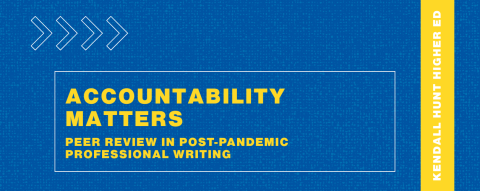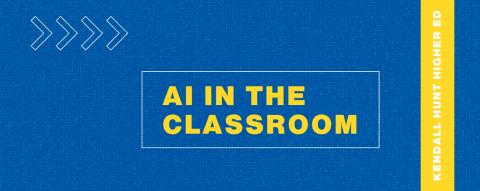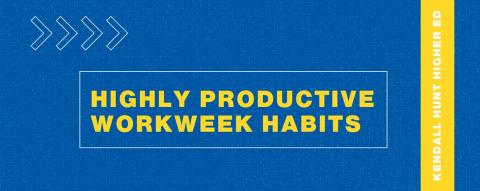
The Magic of the Academic "Dress Rehearsal"
Does a swimmer enter the Olympic competition pool and just try to do his best? What about plays, concerts, speeches, basketball, football, golf? None of us would ever go into any important event without re-creating the testing conditions multiple times to make sure that we can succeed. So then, what about taking academic exams? Aren’t they important? It seems like we practice everything important in our lives except academic exams while we beat ourselves up about being poor exam-takers. There is something about practice before we perform any act that completely changes how we view it, approach it, and successfully complete it. This makes the academic dress-rehearsal (also known as “pre-testing”) the simple, single answer to a student’s goals of successful testing, eliminating test anxiety, and complete course mastery. There are 3 reasons why this is true:
1. We remember best what we develop ourselves.
• We use far more, and different, brain circuits when we develop information for ourselves in preparation than when merely absorb information. The same brain regions that we develop when we prepare beforehand are the ones we need when answering exam questions: seek the correct answer, find it, explain it.
• Because we have seen it before in the exact way we will encounter it on the exam, it is easier for the appropriate brain circuits to fire in the required, practiced sequences.
• Testing is the highlight of the learning experience because it consolidates all known information for any subject and repeated testing with correction cements knowledge into a complete, accurate memory based on understanding.
• The process of correcting answers and re-testing ensures accuracy.
2. Reducing anxiety allows your brain to remember.
• You can't remember algebra formulas when running from a bear because adrenaline cuts off academic brain circuits to channel our focus toward escaping a threat. When exams are the “threat” because we do not feel prepared, we temporarily forget what we know and fall back to the escape, panic mode.
• There is no threat and much less anxiety when we have seen the questions before, so we know what to expect because we have already practiced the task we are required to do.
3. To test quickly in a timed exam requires practice.
• Even though the ability to test fast is no indicator of understanding (in fact, deep understanding requires time to fully express), today's exams typically have imposed time limits due to room scheduling and/or the old assumption that if you produce a correct answer quickly, then you possess deep knowledge.
• In actuality, it takes time to think conceptually. It has been amply demonstrated that understanding is not the same as speed. Therefore, the deepest concepts require time to explain them.
• Even though speed is not a stated educational outcome, we still administer exams under strict time limits, which is the primary source of a student’s test anxiety. It is not their lack of understanding that causes the problem.
• Therefore, students must be amply prepared to test quickly and this requires practice.
As a result, exam-taking practice increases a students’ confidence in both the material and in themselves, as well as ensuring the complete accuracy that results in course mastery. Many students have told us that the success generated by pre-testing changed their view of their academic competence and, as a result, encouraged them to reach for higher academic goals and subsequently more advanced careers. They have told us that doing this (in their words) “saved”/ “changed” my life.
We can assist our students to set up a successful “dress rehearsal” by passing on these steps:
STEP 1: Choose the same number and type of questions that will be on the exam (the act of choosing which concepts are important is the beginning of exam preparation). [Let them know that it is fair to ask an instructor what type of questions will be on the exam.]
STEP 2: Sit in a location as similar to the testing situation as possible.
STEP 3: Set a timer 10 minutes shorter than the allotted exam time will be (this allows for extra time when you take the actual exam).
STEP 4: Start the timer and answer the practice questions in a “dress rehearsal” exactly like the exam will be. DO NOT STOP FOR ANY REASON UNTIL COMPLETED OR TIME IS UP! (You won’t be able to stop and check answers during the actual exam.) This also ensures that you have practiced switching between concepts under pressure. If you do not finish in time, take a clean test page with the same questions, reset the timer and begin again.
STEP 5: Correct the practice exam in a different color pencil or pen. Write out the correct answers.
STEP 6: Repeat the testing process with a fresh blank exam of the same questions. There is something magical about answering exam questions when you are sure of all the answers ahead of time! As a result, you will be secure that you understand all the material correctly. Then, when you take the exam in class, your brain will only remember its last encounter, the corrected, 100% accurate version of the material. Pre-testing results in the “magic” of full mastery for any subject. Yes, any subject at all.



